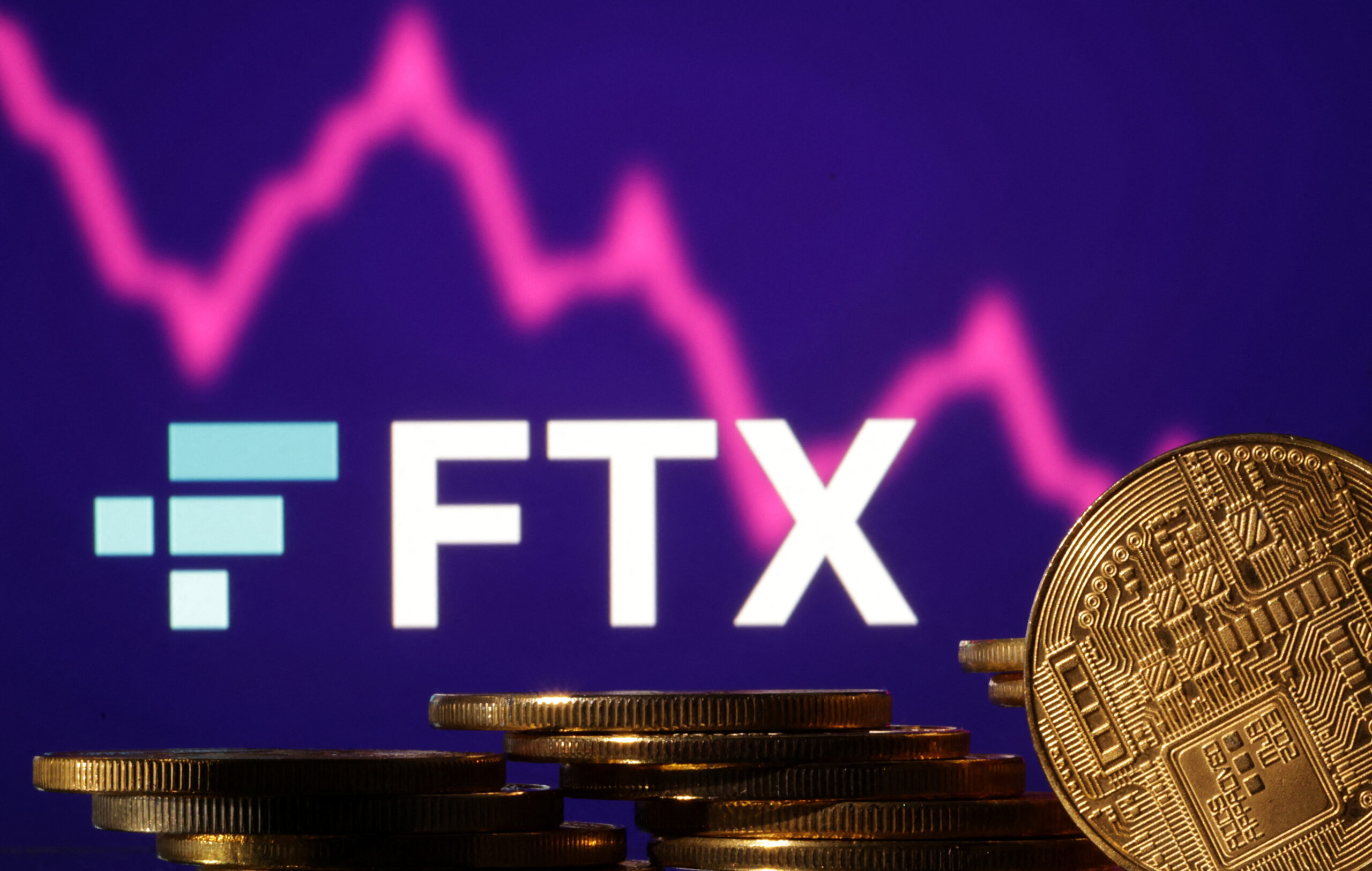
In a recent twist in the FTX bankruptcy saga, a substantial claim against FTX EU—formerly known as K-DNA Financial Services—has been transferred to FTXcreditor, a move that could both streamline the bankruptcy process and introduce complexities, particularly for smaller creditors.
Overview of the Transfer
The transfer, detailed in documents filed with the U.S. Bankruptcy Court for the District of Delaware on May 15, is part of the Chapter 11 proceedings that have ensnared FTX EU. This strategic consolidation under one creditor, conducted according to Rule 3001(e)(2) of the Federal Rules of Bankruptcy Procedure, aims to simplify administrative procedures within the bankruptcy case.
While potentially accelerating the resolution of the case, this consolidation poses risks to smaller creditors. With all claims now funneled through a single entity—FTXcreditor—there is a concern that these smaller parties may be marginalized, receiving less attention or less favorable recovery terms compared to larger creditors.
Legal and Procedural Implications
The transfer involves waiving any notice or hearing requirements typically imposed, allowing for an expedited recognition of FTXcreditor as the valid claim owner. This approach, while efficient, raises questions about the transparency and fairness of the bankruptcy process, especially since the identity of the transferor remains undisclosed:
“To protect the identity of the Transferor, Transferee has not disclosed the Transferor’s name or address, and has not attached the signed Evidence of Transfer to this Notice of Transfer of Claim.”
This lack of transparency could fuel concerns about the potential for manipulation within the bankruptcy proceedings, as the identities behind the claim transfers remain anonymous.
FTX filed for bankruptcy in November 2022 amid dramatic financial turmoil that impacted numerous stakeholders. The aftermath has been a complex web of legal challenges and creditor negotiations, deeply influenced by regulatory scrutiny aimed at tightening controls over the cryptocurrency sector to enhance investor safety.
Recent Developments and Personal Anecdotes
This case progression follows recent personal developments from FTX co-founder Sam Bankman-Fried, who reiterated his innocence despite a 25-year prison sentence. In a poignant reflection on his incarceration, Bankman-Fried highlighted his adaptation to prison life, noting that rice became a form of currency for him, a stark contrast to his previous billionaire lifestyle.
As the FTX bankruptcy case continues to unfold, the focus remains on how these developments will affect the various creditors involved, particularly the smaller entities that might now face greater challenges in asserting their claims. The consolidation of claims under FTXcreditor could indeed expedite the process, but at what cost to fairness and equity among the creditors?
Featured image credit: DADO RUVIC via Reuters
